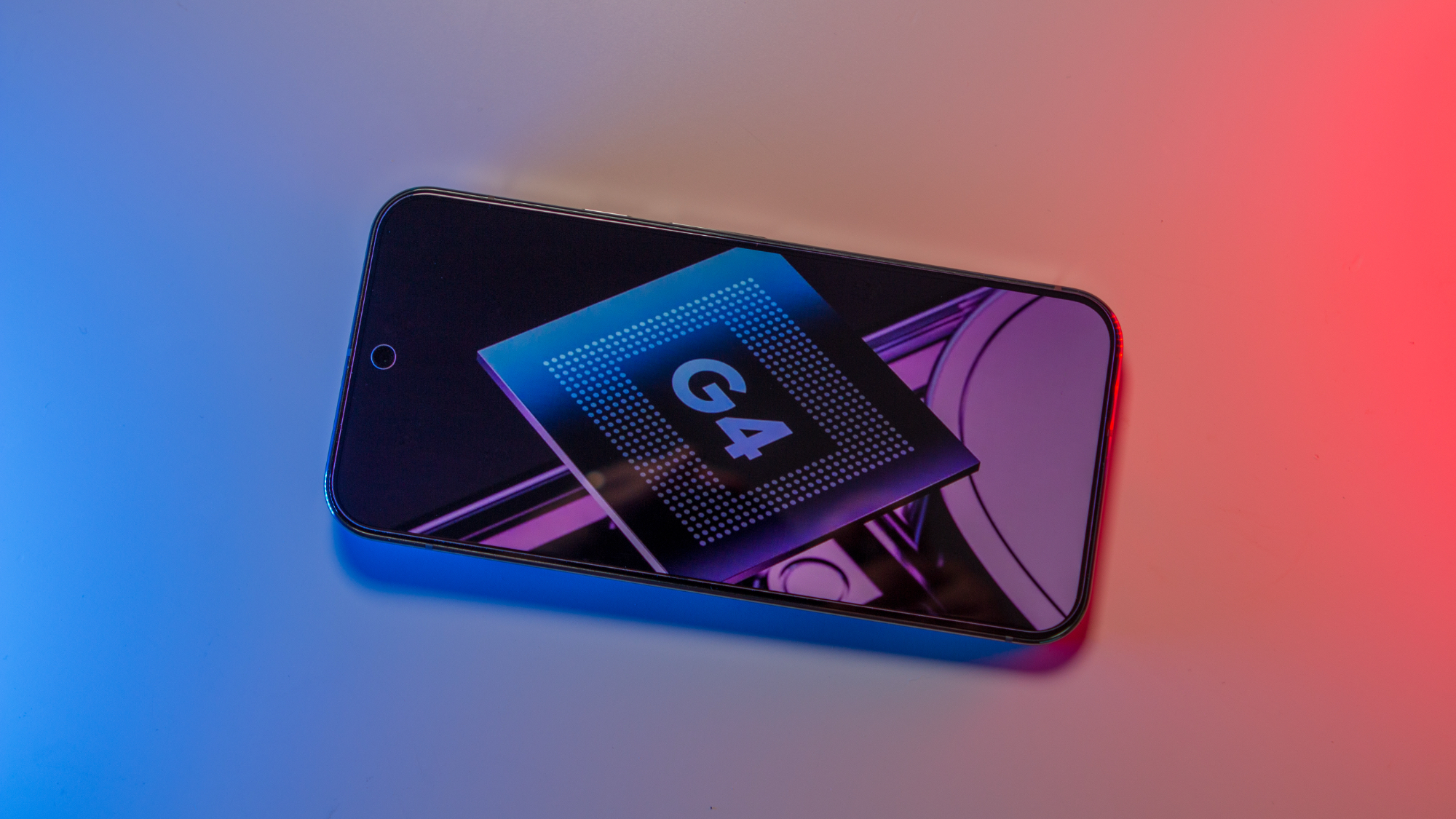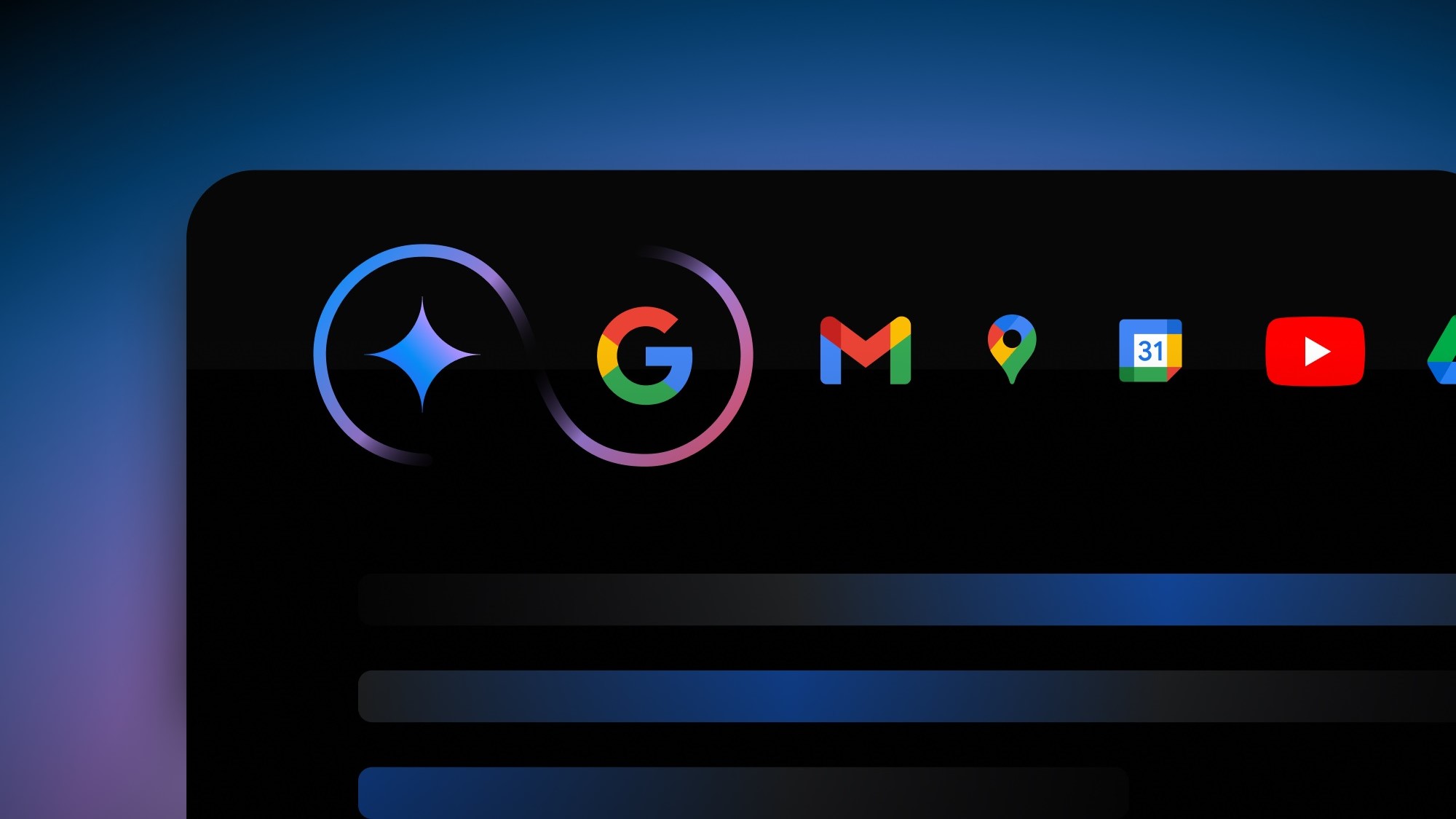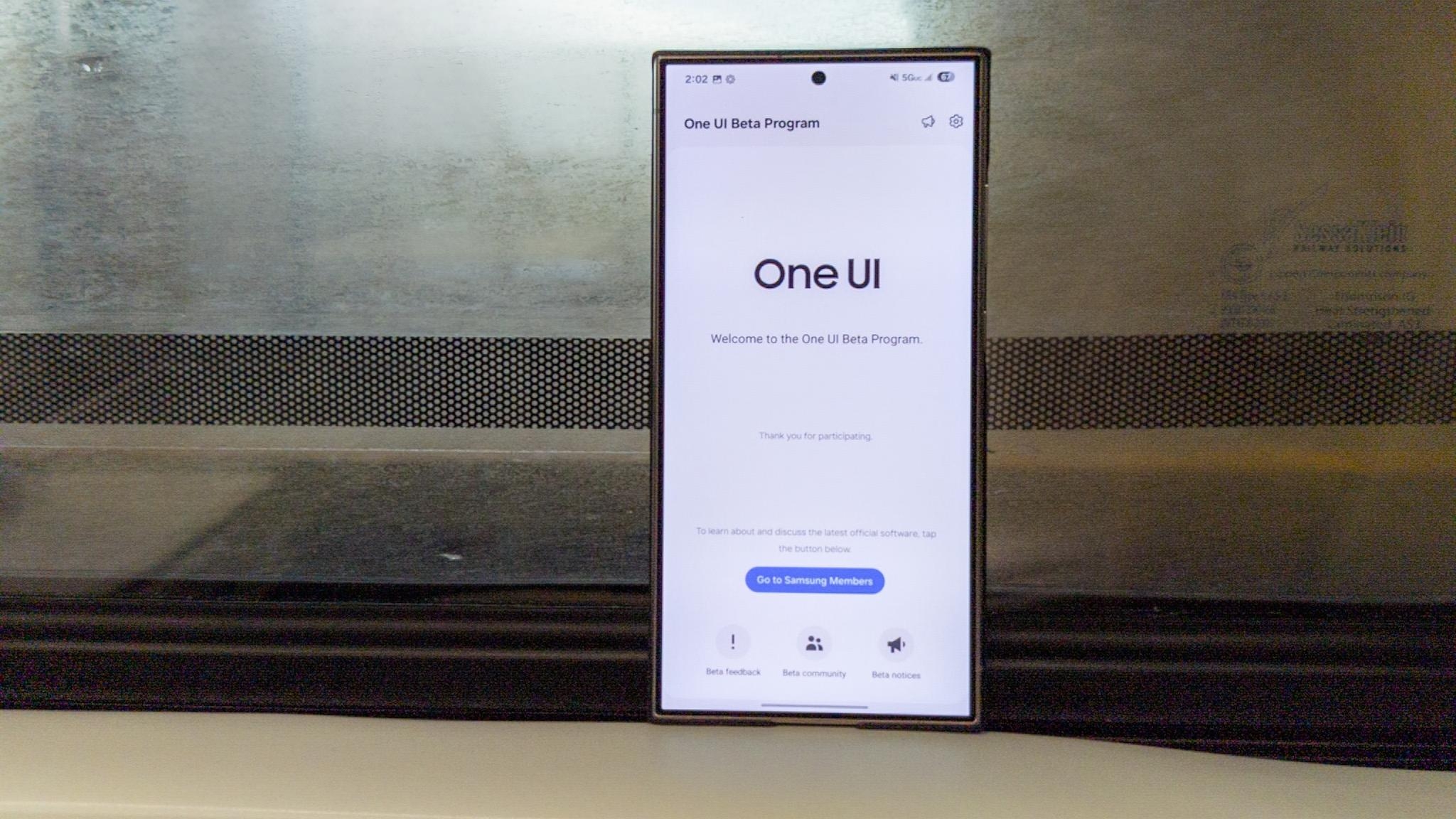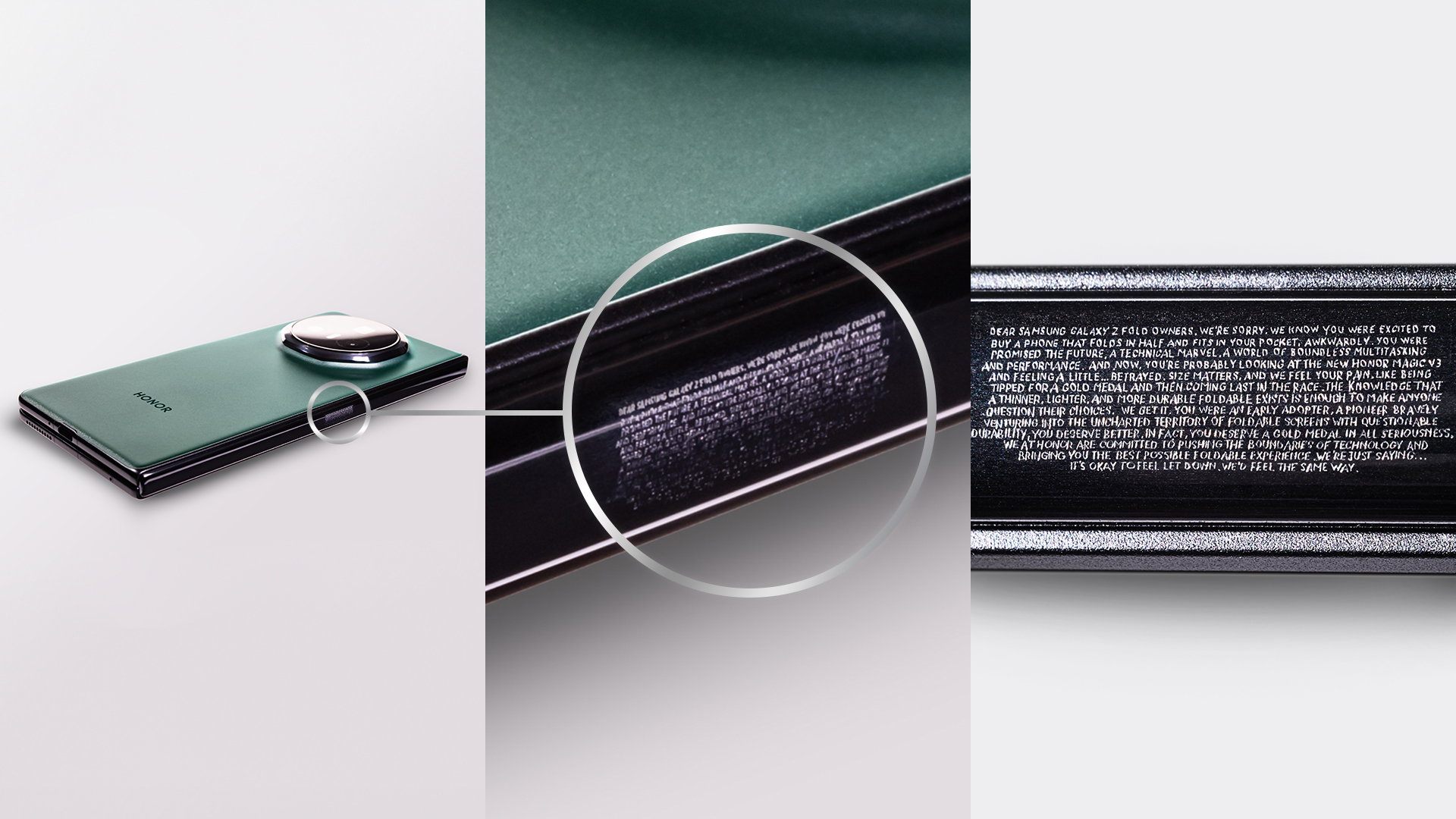Google and Samsung had very different years in 2024. Google soared to the top, managing to have one of its largest lineup of devices launch in the fall and a successful year with expanding Gemini. On the other hand, Samsung had a bumpy road with a successful S24 and A series launch and getting on track with Galaxy AI, but it struggled with its series 6 foldable lineup.
It isn’t unheard of for companies to have a good or a bad year; that’s how the tech space works. There are ebbs and flows to success, and it doesn’t mean that a company is permanently bad or will always be seen as good.
I spoke to three industry research analysts who told me about why either company did well and areas of improvement for 2025.
Google needs to keep innovating

As I said earlier, Google had a great year. The company became a strong competitor to OpenAI’s ChatGPT by launching Gemini in more countries and, by the end of the year, launched Gemini 2.0 Experimental Advance for Gemini Advance subscribers.
It successfully rolled out stable Android 15 and even launched the Android 16 developer preview much earlier than usual. In the fall, Google launched its Pixel 9 series along with other products, and in the time I’ve been covering technology, it was the biggest launch of products I’ve ever seen Google do.
However, Neil Shah, vice president of research at Counterpoint Research, says it’s hard to tell whether the launch of Gemini AI on its Pixel 9 series of phones has helped with sales.
“[The] Gemini AI effect has yet to be seen fully to boost Google Pixel sales, however, it is definitely one of the key hooks in coming years for Google Pixel to bring flagship Gen AI experiences on the Pixel hardware,” he notes.
I would agree; I don’t think we’re at a point yet where people are buying a phone because of its AI capabilities. I don’t think there are enough features or average enough use case scenarios where people are using AI daily, and I believe people don’t know enough about AI.
That being said, one of my favorite features, and in my opinion, the best feature Google came out with this year, was Circle to Search. It is hands down the most innovative feature and one that I actively use on a daily basis. But apart from that, I really haven’t been using many of Gemini’s features on a day-to-day basis.
Jitesh Ubrani, research manager for IDC’s Worldwide Mobile Device Trackers, agrees and adds that Google needs to focus on innovating Gemini for more general features.
“Google’s constant iteration and use of user feedback along with improvements in distribution and pricing along with increased marketing spend have helped the company gain share in the past few years. Having differentiating features such as great photography, call screening, Magic Eraser, and other AI features have helped along the way,” he says.
Ubrani adds that in 2025, he’d also like to see Google expand Gemini across all platforms and devices, not just smartphones. This is something that I hope Google prioritizes next year.

This year, Google also launched one of the biggest suites of products that I’ve ever seen a company do in a long time. More importantly, it launched the Pixel 9 series with Gemini integrated into it.
I think the Pixel 9 series is one of Google’s best phone launches. While I had no issues with the phone, there can always be improvements, according to Anshel Sag, principal analyst for Moor Insights & Strategy.
“Google needs to improve the Pixel battery life, by moving to advanced nodes and using the best processors. The same goes for Wi-Fi connectivity and 5G, I was really disappointed how much of a downgrade the Pixel was on connectivity from my S24 Ultra,” he said.
And Google is likely planning to address this issue with rumors indicating that the Pixel 10 lineup will have the Tensor G5. Google has also allegedly finished its design and sent it along for manufacturing at TSMC, ending the era of Samsung-produced designs. TSMC tends to manufacture better chipsets than Samsung. For reference, Qualcomm used Samsung to produce the Snapdragon 8 Gen 1, a processor that was infamous for overheating and heavy throttling.
So, for all we know, the issue surrounding a slower battery might be resolved, making the Pixel 10 lineup an even more premium device.
I know Google will have a smooth 2025, but I just hope that when it comes to AI, it is really able to push the average consumer and help them understand how to use AI safely and efficiently daily.
2025 will be the rise of success for Samsung

It is widely known that Samsung bears the hat of having the best Android phones and is constantly the leader in the Android space. However, this past year, the company faced several challenges despite starting the year strong by launching its S24 series of phones.
But while the S24 was a great series, it didn’t really help improve the downward trajectory of Samsung’s sales. In April 2024, Samsung initiated a six-day workweek for executives to create “a sense of crisis” among the company’s leadership team.
Where Samsung began to really struggle was after launching its Samsung Galaxy Z Flip 6 and Z Fold 6, which in many tech circles was more of an iterative update to what it launched last year. The phones weren’t super exciting and weren’t as innovative as they have been in previous years.
Samsung noticed this to the point where, for the first time, Samsung Electronics’ DS Division, Jeon Young-hyun, issued a rare apology for the company’s failure to innovate. He acknowledged that outsiders are viewing the company’s current situation as a “crisis” and vowed to make changes and improvements that will benefit investors, customers, and employees alike.
It came to a point where other companies were even mocking the release of the Z Fold 6 and how thick it was, like Honor engraving a tiny “world’s smallest apology” on the hinge of a special-edition Magic V3.

IDC also confirmed that Samsung had lost smartphone market share as of Q2 2024 compared to the same quarter in 2023. The research firm also stated that while Samsung moved over 53 million smartphone units in the second quarter, its market share dipped to 18.4 percent, down from 20% in the same period last year. This comes at a time when other China-based brands like Xiaomi and Vivo have been innovating and expanding their market share.
Ubrani says, “Samsung has rested on their laurels for far too long, and it’s starting to catch up to them. Most Chinese smartphone brands have outengineered and out innovated them in recent years when it comes to things like foldables, battery life, gaming performance, cameras, etc.
For the longest time, Samsung has focused on competition with Apple when globally they’re competing with many more brands. To be successful, Samsung needs to realize that there’s most than just Apple. Samsung should leverage their scale to iterate faster and continue to invest in marketing like they used to do so during the pre-pandemic era.”
Shah also notes that the launch of the S and A series helped keep Samsung afloat, but if it wants to get its numbers back up, it needs to focus on innovating its foldables.
“The foldables performance has been disappointing, which [offset] the good traction for S and A series this year,” he said. “Samsung will have to protect its foldable leadership position as players such as Google, OnePlus and others are coming up with better form-factors. Designs and camera performance.”
I think Samsung is fine; it is not the type of company to fail, and it knows when to fix itself; case in point, the public apology. However, I do think that Samsung needs to stay focused on itself and not constantly look at what other companies are doing. Yes, to stay in the game, you need to see what others are doing, but looking too much will distract you.
Sag agrees, adding that Samsung needs to stop looking at what Apple is doing to innovate because its customers don’t care about Apple.
“Samsung needs to lean into what makes Android fun and exciting, people are not really switching between Android and iOS (Razr+ excepted). Samsung needs to figure out how to execute Galaxy AI in a more meaningful manner and get back its reputation as the carrier of the Android banner,” he said.
I would wholeheartedly agree that Samsung needs to remind its users why it’s the best innovator and why it was the first to introduce foldables and excite its users again.
I’ve been covering technology for many years, and 2024 has been a fascinating year for both Google and Samsung. I expect a lot from both companies in 2025, and I can’t wait to see how they innovate more.
